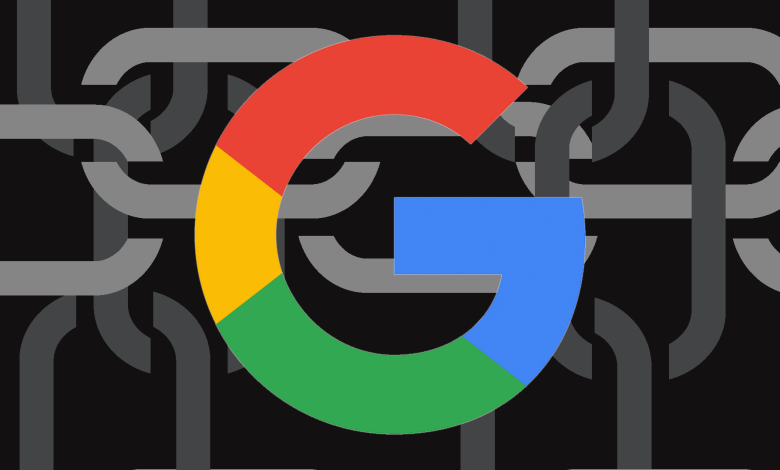
Much has been discussed about last week’s leak of Google’s Content API Warehouse documentation, including some excellent analyses by:
- Rand Fishkin
- Mike King
- Andrew Ansley
But what can link builders and digital PR professionals learn from these documents?
Since the leak, Liv Day, Digitaloft’s SEO Lead, and I have examined the documentation to understand its implications on links.
Our analysis focused on a few key questions:
- Do links still matter?
- Are some links more likely to contribute to SEO success than others?
- How does Google define link spam?
Though the leaked documentation doesn’t confirm ranking factors, it includes information on over 2,500 modules and 14,000 attributes. We don’t know the exact weightings or the specific use of these attributes. However, we can gain valuable insights by treating these as potential indicators of Google’s preferences. Through tests, we can draw our own conclusions about ranking factors.
Here are the key findings from the documentation that link builders and digital PRs should note, based on my own interpretation and 15 years of SEO experience.
1. Google likely ignores links from irrelevant sources
Relevancy has always been crucial in digital PR, albeit difficult to measure. Do links outside relevant content matter to Google? The leaked documents suggest Google may ignore such links, as indicated by the anchorMismatchDemotion attribute in the CompressedQualitySignals module. This demotion seems to target links where there is a mismatch between the source and target pages, or domains.
2. Locally relevant links may be more valuable
The AnchorsAnchorSource module indicates that link value might be influenced by local relevance. The attribute localCountryCodes records the countries to which a page is most relevant. Prioritizing links from sites that are locally relevant can enhance brand awareness and sales efficacy.
3. Google uses a sitewide authority score
Despite Google’s denials, the documentation shows a “site authority” score similar to Moz’s Domain Authority (DA) or Ahrefs’ Domain Rating (DR). However, this score might not solely be link-based and could consider a range of quality signals, not just links.
4. Newer pages may offer more valuable links
The source type of a link, including newly published content (freshdocs), appears to be significant. This underscores the importance of continually earning new links.
5. Trust in a homepage affects link value
The attribute homePageInfo in the AnchorsAnchorSource module suggests Google may trust links more if they come from sites with a trustworthy homepage, potentially impacting the overall link value.
6. High-quality news site links
Links from news sites are tagged, and these may carry more weight due to their inherent trust and authority.
7. Links from seed sites are highly valuable
Seed sites, well-connected and trusted sites like The New York Times, significantly influence link value. Link distance ranking from these seed sites is a crucial factor.
8. Trusted sources help determine link spam
The IndexingDocjoinerAnchorSpamInfo module suggests that Google uses trusted sources to calculate the likelihood of link spam.
9. Identifying negative SEO through link velocity
Google likely uses link acquisition velocity to identify and mitigate negative SEO attacks, monitoring the spike in spammy links.
10. Link-based penalties
Google can apply penalties to links on a selective or full basis, potentially ignoring all links to a page in excessive spam situations.
11. Toxic links do exist
Contrary to some claims, the existence of BadBackLinks indicates that toxic links are real and can negatively impact pages.
12. Context surrounding links matters
Beyond anchor text, the surrounding content helps determine the contextual relevance of a link, reinforcing the importance of placing links within relevant content.
Key takeaways for link builders and digital PRs
Do links still matter? Absolutely. The documentation reinforces their importance, particularly emphasizing relevancy. Google likely rewards links from relevant pages, making this a crucial aspect for link builders and digital PRs.
Overall, these insights suggest that focusing on earning high-quality, relevant links from trustworthy sources will have the most significant positive impact on organic search success.



